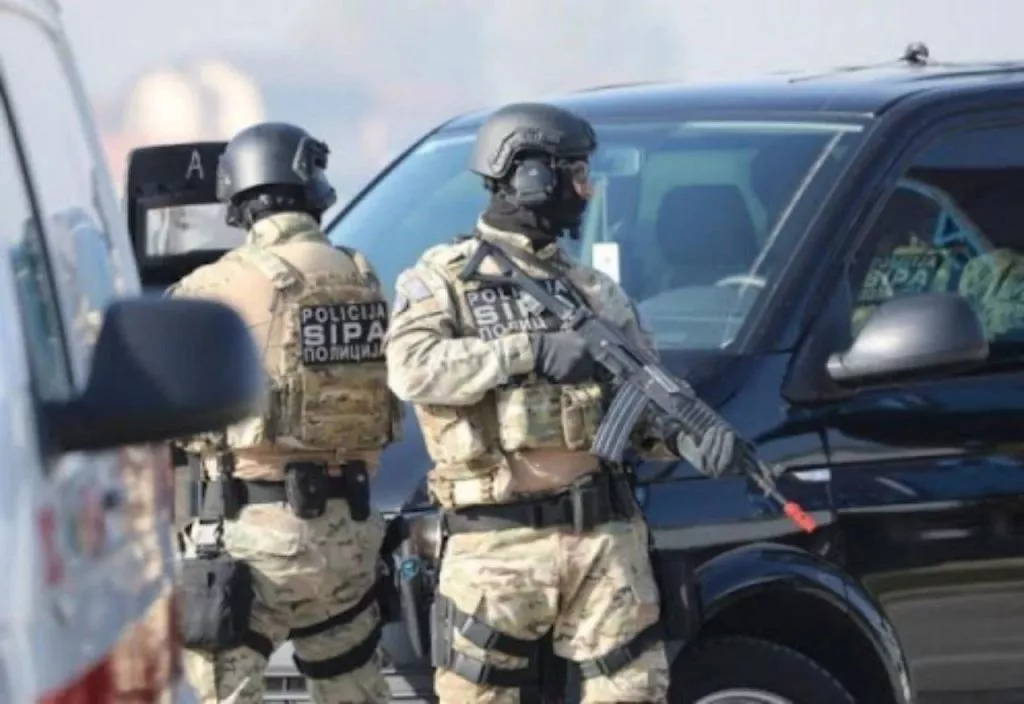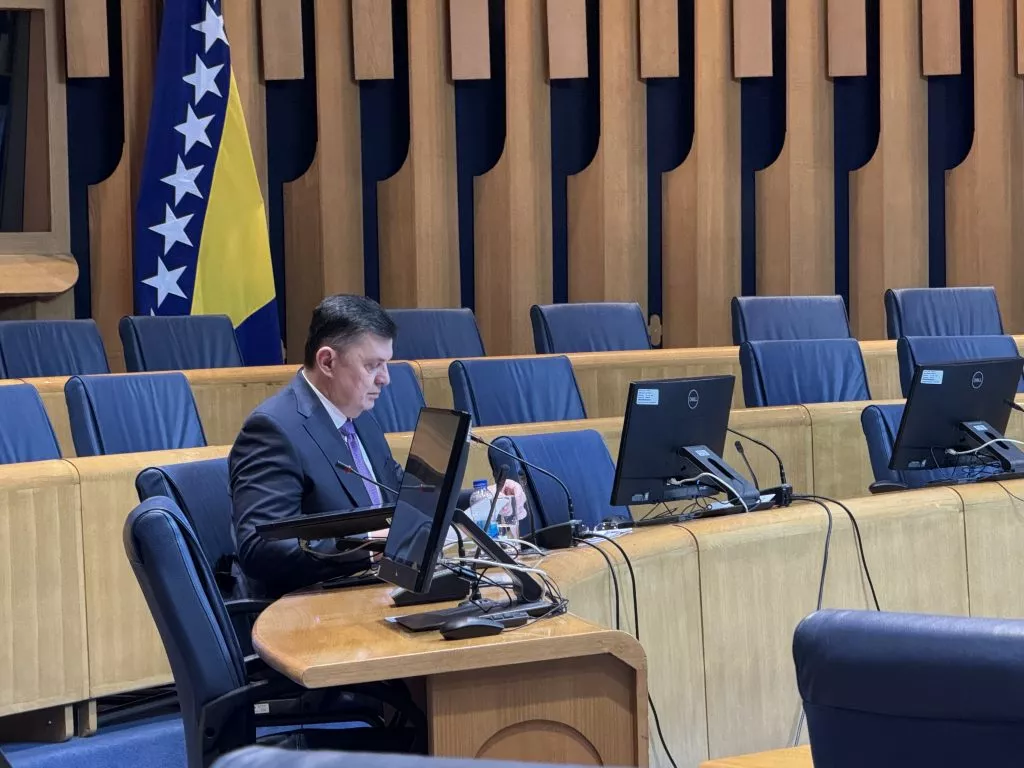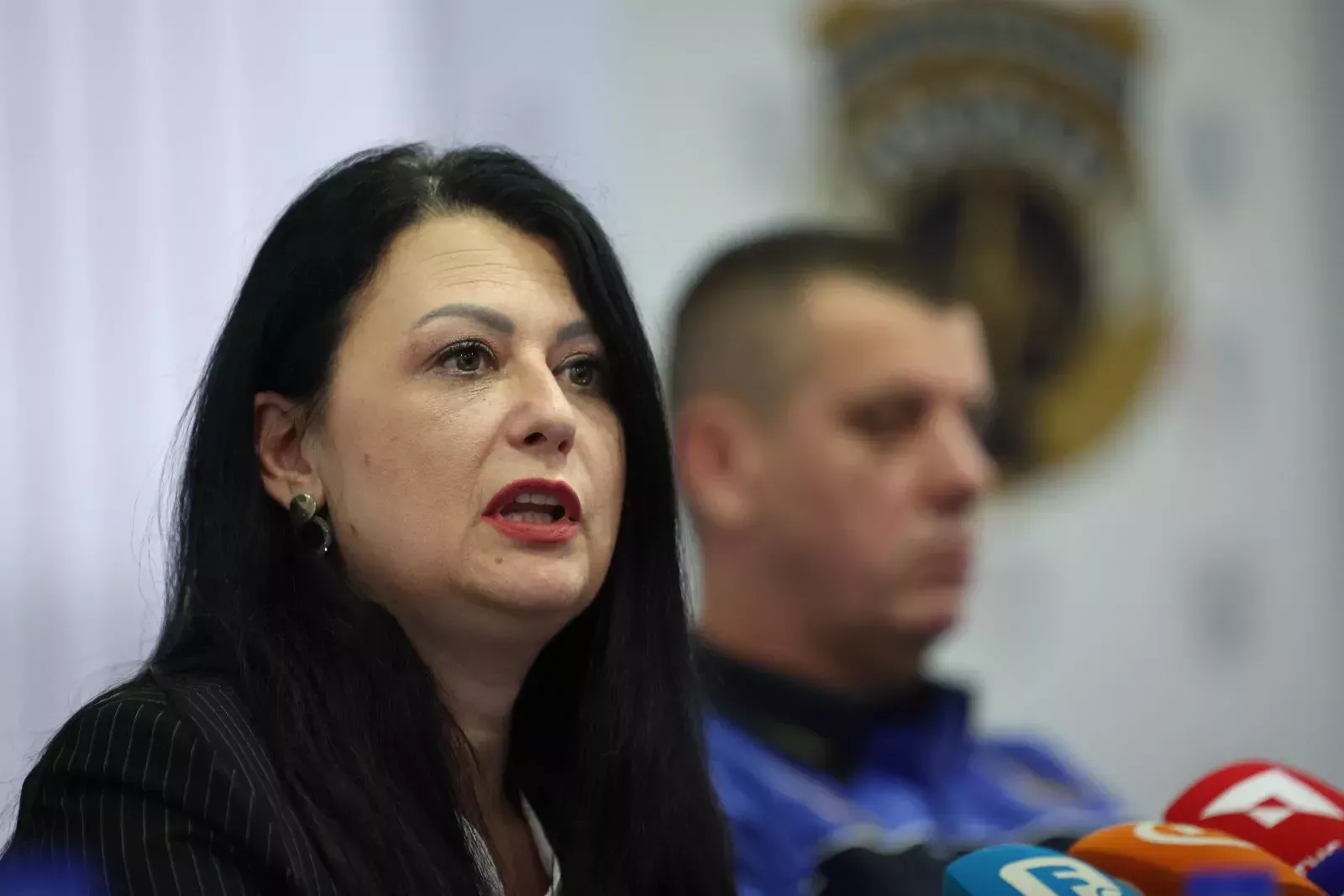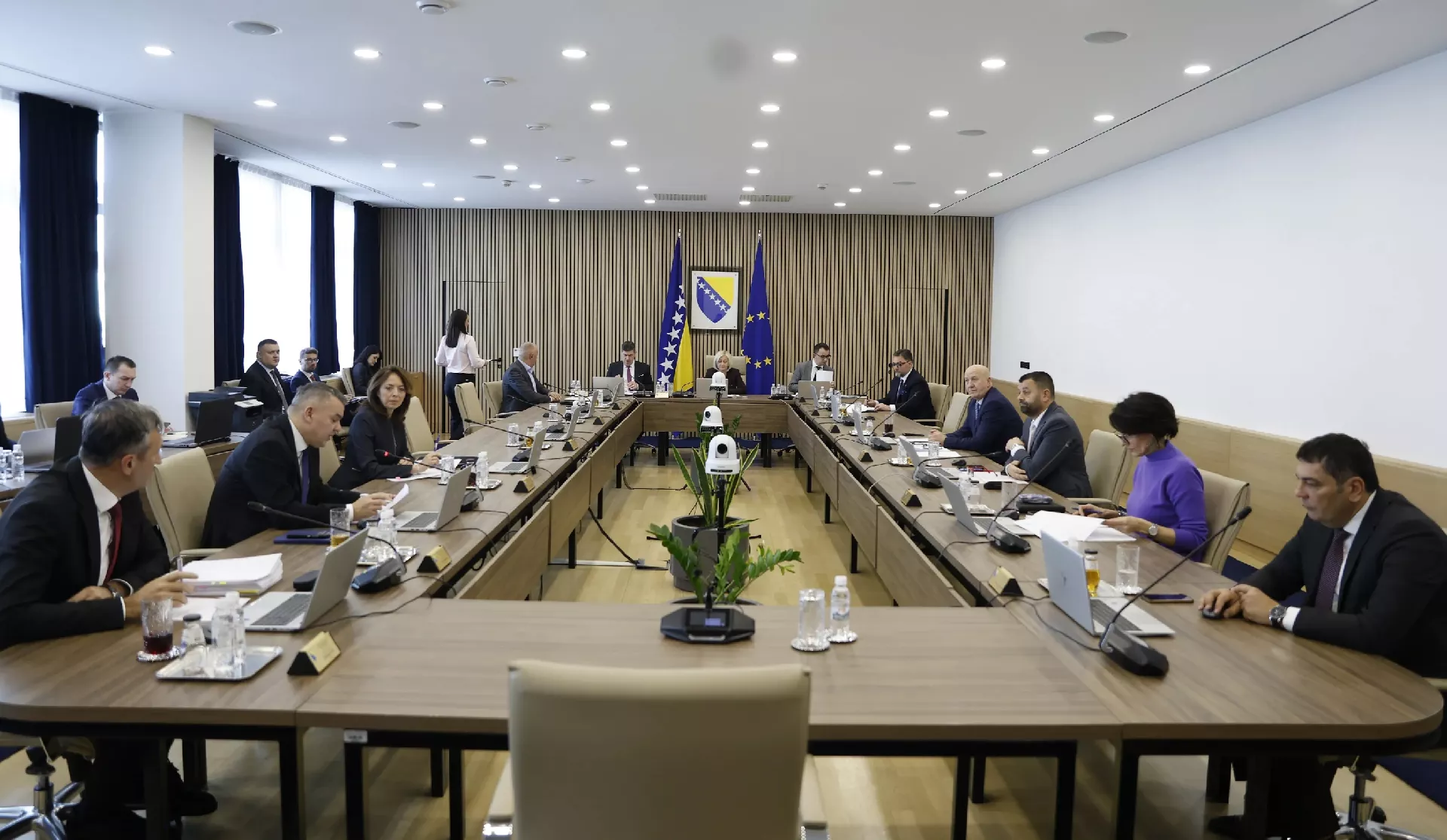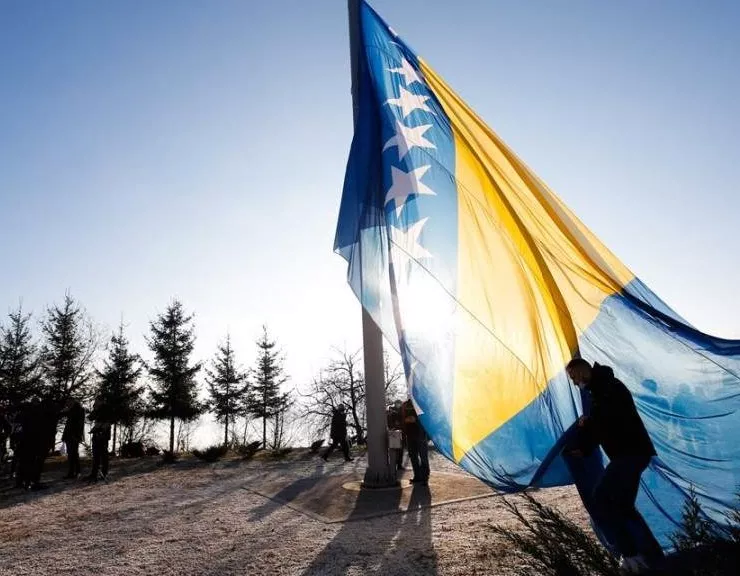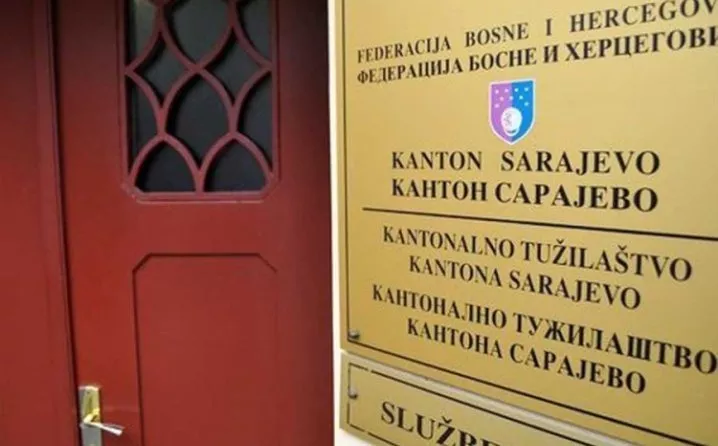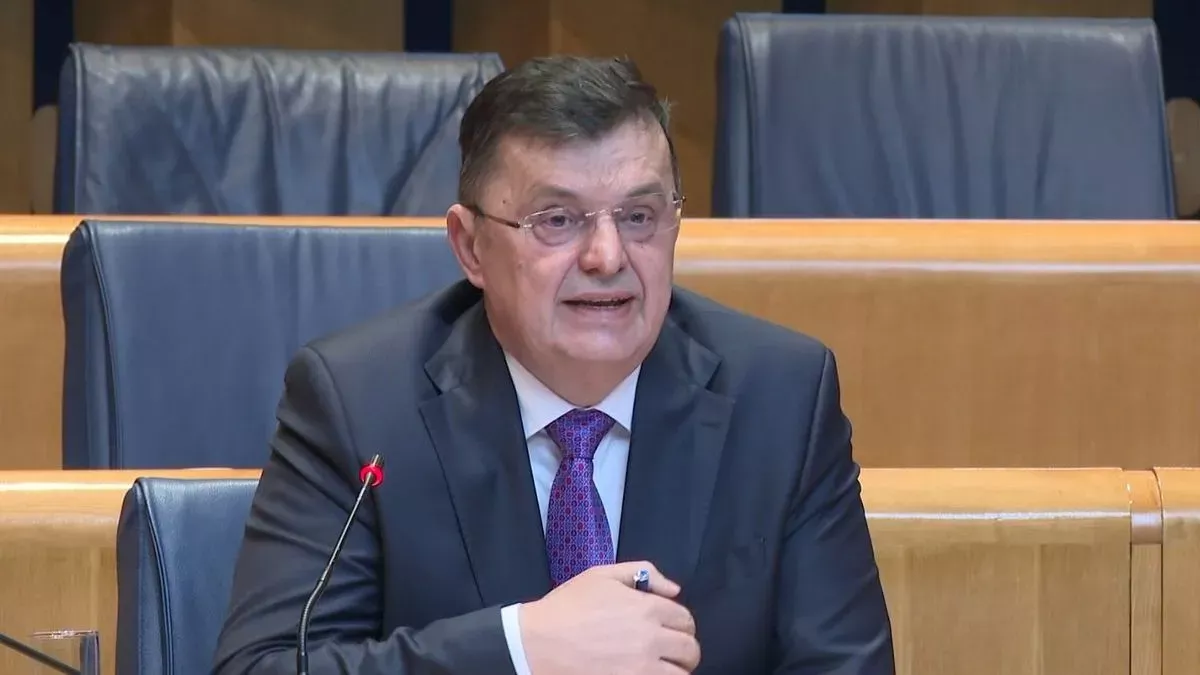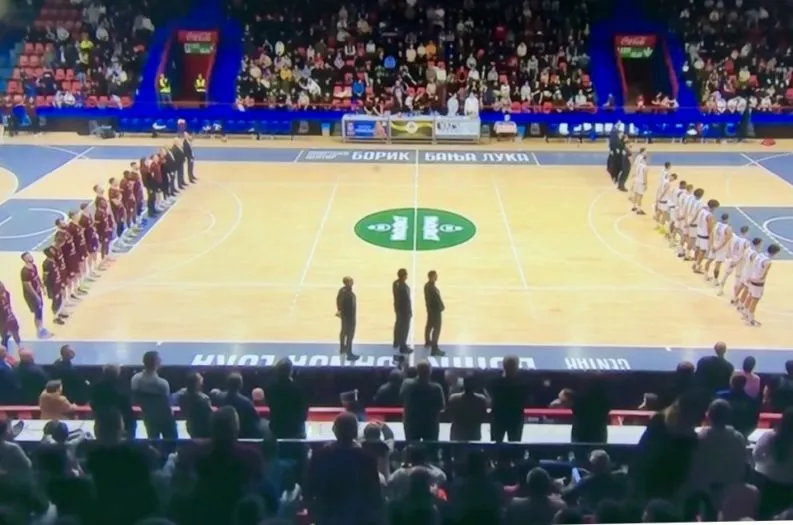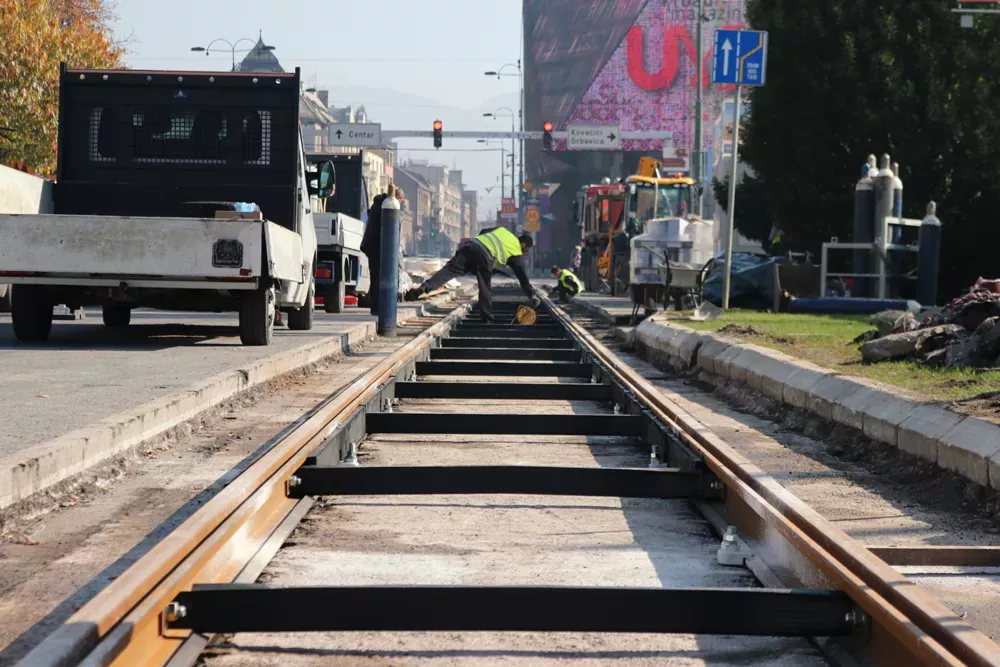

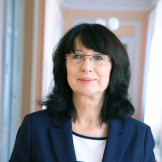
.jpg.webp)
By: Sead Omeragic
Marking the 22nd anniversary of the Croatian military action 'Storm' is under way. There are many people in Bosnia and Herzegovina who wonder if Milorad Dodik will congratulate his partner Dragan Covic.
In the RS, Dodik is reprimanded for many failures. And some of those seem to be quite strange failures indeed.
Aleksandra Pandurevic, the delegate at the Parliament of BiH, recently expressed her suspicions about Dodik: 'When you just think of... how it is kept silent about the celebrations of the 'Storm' anniversaries, or when he meets and greets Kolinda on her way to the celebrations of 'Maestral' military action in which many Serbs lost their lives, or the decision to drop the charges for the crimes against Serbs in Mrkonjic Grad, or the fact that he handed in the documents about Jasenovac to Croatia...' What Pandurevic insinuated was that the president of RS could well be a Croat collaborator.
The Serb side is currently opening the box of the crimes that has been kept shut for a long time. Those in Mrkonjic Grad above all. Why did those crimes occurred in a town with civilian population and few soldiers? Some think that the crime in Mrkonjic Grad was supposed to destroy the 'togetherness' and thus taint the place of birth of modern Bosnia and Herzegovina. Why are the crimes against the civilian population of Krajina swept (and kept) under the carpet? This is not about Dodik's double standards only. A far deeper problem is at stake: a total betrayal of Krajina in Croatia.
Journalist Dragan Tanasic wrote about the last moments of Jovan Raskovic, the first political leader of Knin Serbs. They had a relationship based on trust. Raskovic said to Tanasic that Milosevic was 'mean, evil and paranoid'!
Following his last encounter with Milosevic, Raskovic went to tell it all to Tanasic, pointing out that Serbia's leader had some insane demands: 'You, professor, should order Krajina's Serbs to instigate unrest in Croatia'.
'Jovan Raskovic was exhausted to death... And when he, with a huge effort, finally managed to get up from a chair, intending to leave the office, Milosevic uttered his most monstrous request: 'Professor, wait, I haven't finished yet! You too should organize killings of the uniformed Serbs in Krajina, policemen and soldiers, and say that Zengas did it, and then pull all your delegates out of Sabor!'
'Dragan, remember and write down what I'm about to tell you... He is completely insane! You will see, in just one night, he will betray us – all Serbs – in Croatia and Bosnia, he will betray us and let us down... It will be a 'crystal night' for those wretched people out there... It has been prepared and cooked for a long time at Milosevic's and Tudjman's kitchen.'
Soon after, Tudjman came to Milosevic's help. From a 20 minute long telephone conversation, Zagreb media cited only a few Raskovic's sentences taken out of the context, such as: 'The Serbs are insane nation!' After that, Raskovic was attacked in the street by ordinary folks, which finished him off. Tanasic drew a conclusion: I'm convinced that the mean act was a result of an agreement between Milosevic and Tudjman who wanted to bring discredit upon professor Raskovic before the Serbs. Because it was at that very time that they were making their 'historical' deals in Karadjordjevo.'
Even today many people remember the statement of Borisav Jovic from 1991: 'The Serbs in Croatia are a Croatian problem and as far as we are concerned, Croats can do with them whatever they like. They may as well put them on the spit.' In April 1994 Ferral Tribune reported that Jovic referred to Krajina's Serbs as 'those goddam Serbs'.
David Owen revealed in his memoires that he was shocked when then lead Russian diplomats, Andrei Kozyrev and Vitaly Churkin told him and to Cyrus Vance that they were not 'too convinced of the possibility that Serbs would stand up for their 'holy cows' – Kosovo and Krajina'.
Knin's Krajina and Knin's Serbs had been a deposit in continuous trades between Milosevic and Tudjman. Krajina was a surplus and as such represented a hurdle in the process of dividing territories. The last and most difficult offensive operation on Bihac was meant to ethnically clean the territory of Bihac's Krajina of Bosniaks and to bring Knin's Serbs to their homes. However, as the military action failed, Milosevic said: 'Franjo, you can have Cazin's Krajina. That is a Turkish Croatia and I'm not interested in it.'
Therefore, the Storm had been agreed between Tudjman and Milosevic long time ago, and it was aimed at pushing the Serbs out of Croatia. There was practically no defense, while mass and brutal killings of civilians was meant to spread fear and repel Serbs from returning to their homes.
The person most familiar with those facts was Milan Babic, an official of the Republika Srpska Krajina. He afterwards committed suicide, although there were suspicions that he was actually murdered. Milan Babic opposed cooperation with Karadzic as he thought him a liar and a cheat. He had to go to Pale, though. One time, when he asked for help Aleksa Buha, so called Foreign ministry of Republika Srpska, he brushed him off saying that he already had enough, that Tudjman was offering 6 percent of the Bosnian territory if they gave up Krajina. Bosnia was already divided between Serb and Croat fascism. It was divided with such precision that its territory was available in percentages.
Unfortunately, Karadzic was selling Knin's Krajina for the oil cisterns and breadcrumbs from Croatia for the RS population. In 1995, a few months before he was to initiate the 'Storm', Tudjman increased his shipments of oil for Karadzic. Two convoys carrying oil, one from Split, another one from Zadar, set off to Bosnia and Herzegovina. The UN's military observers watched all convoys. According to them, the oil was a gift to Serbs for helping HVO soldiers and the internally displaced persons after they had been defeated by the RBiH Army.
In September 1994, Hrvoje Sarinic revealed the proposal that Karadzic had made to Tudjman: 'Bosnian Serbs are ready to give up Knin, even though they have been threatening to unite with it.' Sarinic write about a Serb, a businessman from Vienna, who was often his link with Karadzic. That September 1994, the 'businessman' suggested to Sarinic a 'gentlemen's agreement between Tudjman and Karadzic'. Karadzic would 'according to the agreement prevent a union of the Republika Srpska and Republika Kninska Krajina, and Croatia would, in return, provide economic aid to Republika Srpska, and help it open politically.'
One of the SDS leaders, Bozidar Vucurevic, confirmed: 'As far as I know, there is a gentlemen's agreement between Tudjman, Milosevic and Karadzic about a territorial exchange...'
And while Slavonia and autonomous krajinas were falling down, Karadzic was shelling Sarajevo, Bihac and the corridor by Brcko and Odzak. All this only confirms that the RS was founded not only on genocide over Bosniaks, but also on sacrificing Krajina Serbs. It was a combination of crime and trade of human lives and territories unknown to history. It should be noted that the organized expatriation of the Serbs population from Knin's Krajina began several days before 'the Storm', which was allegedly a sudden operation.
There are too many secrets which are still kept by both the Croat and Serb ends from their citizens. If only Dodik would congratulate Covic for a successful persecution of Knin's Serbs and one of the biggest lies from the region would become definitively acceptable.
There are many facts which indicate that the cooperation of HDZ's and SNSD's leaders is definitively leaned upon past deals of Milosevic and Tudjman, Karadzic and Boban. Cheap threnodies and even cheaper tears of Serb media over the destiny of the Croat Serbs is all that remains today.
